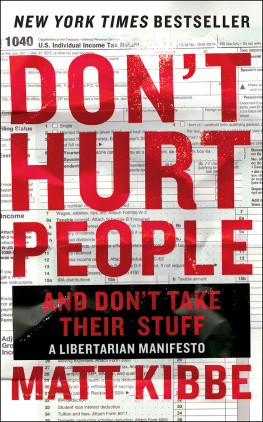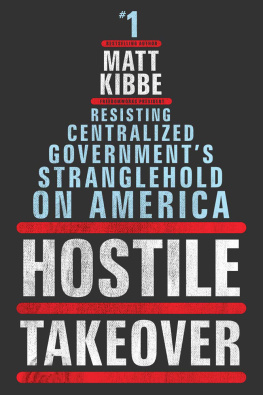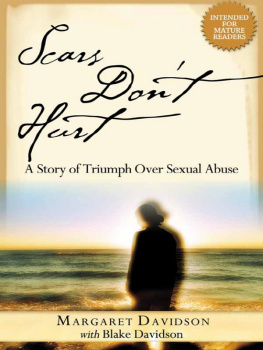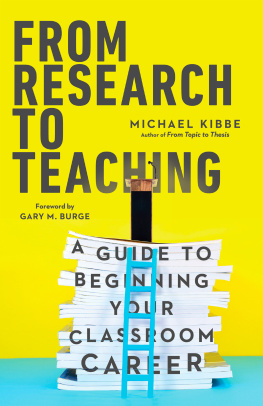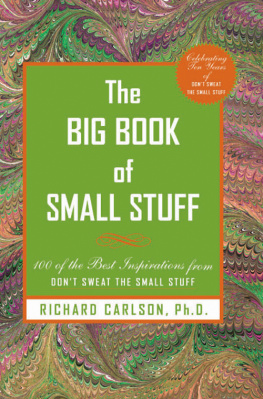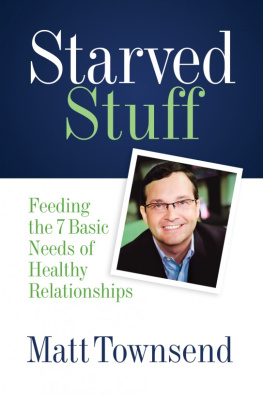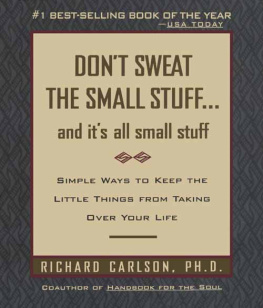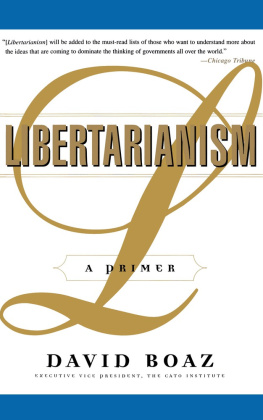DONT HURT PEOPLE, AND dont take their stuff. Thats it, in a nutshell. Everyone should be free to live their lives as they think best, free from meddling by politicians and government bureaucrats, as long as they dont hurt other people, or take other peoples stuff.
I believe in liberty, so the rules are pretty straightforward: simple, blindly applied like Lady Justice would, across the board. No assembly required.
To me, the values of liberty just seem like a commonsense way to think about political philosophy. The rules are easily understood, our aspirations for government are modest and practical, and our designs on the lives and behavior of others are unpresumptuous, even humble.
There is a renewed and heated debate about the future of America going on right now. Our government seems broken. What is the best way to get our mutually beloved country back on track? People are seeking answers. When you get past all the acrimony and all the name-calling, the question we are all debating is really quite simple: Do you believe in the freedom of individuals to determine their own futures and solve problems cooperatively working together, or do you believe that a powerful but benevolent government can and should rearrange outcomes and make things better?
More and more, the debate about how we live our lives and what the governments legitimate role is in overruling our personal decisions has become increasingly polarized, even hostile. The president is fighting with Congress. Democrats are fighting with Republicans. Conservatives are fighting with liberals. Libertarians are fighting with neocons. Political insiders and career bureaucrats are pushing back against the wishes of grassroots Americans. And left-wing progressives are attacking, with increased vitriol, tea party anarchists. Its enough to make your head spin, or at least make you rationally opt out of the whole debate as it is defined by all of the experts that congregate in Washington, D.C., or on the editorial pages of the most venerated newssheets of record.
Normal peoplereal Americans outside the Beltwayhave better things to do. They should focus on their lives and their kids and their careers, their passions and their goals and their communities. Right?
Except that we just cant anymore. It seems like the decisions Washington power brokers make about what to do for us, or to us, or even against us, are having an increasingly adverse impact on our lives. Young people cant find jobs, and cant afford to pay off their student loans. Parents are having an increasingly hard time providing for their families. Seniors cant afford to retire, and their life savings seem to be shrinking for reasons that are not quite clear. And every one of us is somehow being targeted, monitored, snooped on, conscripted, induced, taxed, subsidized, or otherwise manipulated by someone elses agenda, based on someone elses decisions, made in some secret meeting or by some closed-door legislative deal in Washington, D.C.
What gives, you ask?
It seems like we have reached a tipping point where governance in Washington and your unalienable right to do what you think best for yourself and your family have collided. You and I will have to get involved, to figure out what exactly the rules are, and to set them right again.
THERE ARE RULES
I am not a moral philosopher and I dont particularly aspire to be one. That said, I have stayed at more than one Holiday Inn Express. That makes me at least smart enough to know what I dont know. So the rules that follow represent my humble attempt to boil down and mash up all the best thinking in all of human history on individualism and civil society, the entire canon of Judeo-Christian teachings, hundreds of years of English Whig, Scottish Enlightenment, and classical liberal political philosophy, way too much Friedrich Hayek and Adam Smith, a smattering of karma and Ayn Rand, and, if my editor doesnt excise it out of the manuscript, at least a few subliminal hat tips to The Big Lebowski . All of this in six convenient Rules for Liberty.
What on earth am I thinking? My inspiration, in an odd way, is Saul Alinsky, the famous community organizer who was so influential on two of his fellow ChicagoansBarack Obama and Hillary Clinton. Everybodys favorite leftist famously wrote thirteen Rules for Radicals for his disciples to follow. His book is a pragmatic primer for realistic radicals seeking to take over the world.
Alinsky actually dedicates his book to Lucifer. Im not kidding.
Lest we forget at least an over the shoulder acknowledgment to the very first radical: from all our legends, mythology and history (and who is to know where mythology leaves off and history beginsor which is which), the very first radical known to man who rebelled against the establishment and did it so effectively that he at least won his own kingdomLucifer.
What the hell was he thinking? Just for fun, Google Alinsky and Lucifer sometime and see for yourself the rhetorical knots his admirers tie themselves into trying to explain the dedication to their favorite book, penned by their cherished mentor. Did Alinsky really mean it? Who knows, but tongue-in-cheek or not, it seems to reflect the by-any-means-necessary spirit of the book.
So, how could I find inspiration here? Its no secret that many of us liberty-minded community organizers have expropriated some of Alinskys tactical thinking in the defense of individual freedom. But I think theres a categorical difference between us and them. Rules for Radicals is not a tome about principles; it is a book about winning, sometimes with wickedly cynical and manipulative tactics. The principles seem to be missing, or an afterthought, something to be figured out later, air-dropped into the plan depending upon who ends up in charge. This cart-before-the-horse thinking seems to be consistent with the progressive mind-set. The rule of man instead of the rule of law, or the writing of a blank check for government agents empowered with great discretionary authority over your life. If we just suspend our disbelief and trust them, everything is supposed to turn out fine. Better, in fact.
We, on the other hand, start from first principles. The nice thing about the Rules for Liberty is that our values define our tactics, so theres no ends-justify-the-means hypocrisy. Liberty is right. Liberty is the basis for social cooperation and voluntary organizing. Liberty allows each of us to achieve what we might of our lives.
Liberty is good policy, and good politics. But good politics is a consequence, not the goal. Liberty is not a means to a higher political end, wrote Lord Acton. It is itself the highest political end. It is not for the sake of a good public administration that it is required, but for the security in the pursuit of the highest objects of civil society, and of private life.
Its common sense. The Rules for Liberty are applied equally, without bias or discrimination, and dont allow the moving of goalposts midgame. These rules dont permit gray-suited middlemen to rearrange things for your special benefit, or against your personal preferences, arbitrarily.


